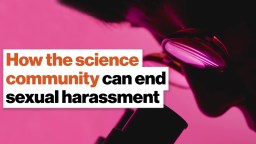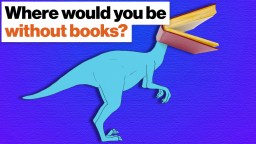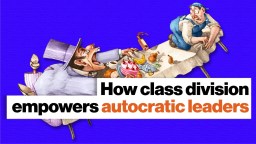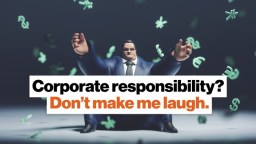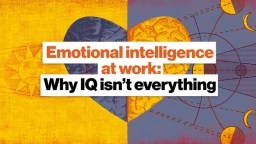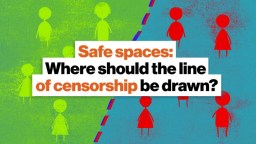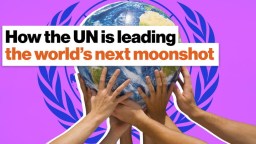video
What makes an excellent educator?
▸
3 min
—
with
This is about so much more than Donald Trump. Anand Giridharadas explains why America must reclaim its heritage of revolution before the next presidential election in 2020.
▸
8 min
—
with
Minimalism, thought to be a solution to our overstimulated lives, is actually dulling our senses.
▸
7 min
—
with
This meteorite is the oldest known volcanic rock in the solar system, dated at 4,565,000,000 years old.
▸
with
James Patterson on teaching kids to read.
▸
8 min
—
with
Why do Americans have so much debt?
▸
4 min
—
with
Feminism simply means equal rights for men and women.
▸
5 min
—
with
Take one long stroll, four times a week.
Why is populism so popular? The rise of Donald Trump has been an enigma to many. Not so much to evolutionary psychologists.
▸
5 min
—
with
West delivered an impassioned speech on American industry and transport, even pitching a high-tech plane to Apple.
▸
with
Neurobiologist Robert Sapolsky explains how your first 25 years will shape the next 50.
▸
4 min
—
with
First, we have to understand the internet. Then we have to understand the audience.
▸
10 min
—
with
Scientists at Stanford Medicine recently observed that some mice recovered from strokes better than others, leading them to wonder whether or not they could find evidence that specific genes played […]
Why cute images are a productivity hack
▸
3 min
—
with
America’s #1 problem? It’s gone from “We the people” to “We the shareholders”. Can capitalism be better than this?
▸
6 min
—
with
MIT’s Robert Langer explains why great leadership is determined by the quality of your questions.
▸
3 min
—
with
Lions, lightning, and rivers all have one thing in common. We can use the laws of nature to build a regenerative economy and fix rampant inequality.
▸
8 min
—
with
Book-smarts don’t mean anything if you don’t know how to apply them to life.
▸
4 min
—
with
Economist Jeffrey Sachs discusses how the megarich can help millions of children by donating 1 percent of their wealth.
▸
7 min
—
with
A man paralyzed from the waist down was able to voluntarily control and move his legs with the help of an electrical implant in his spine.
MIT professor Robert Langer is a prolific American inventor in medicine. His advice? Don’t follow the money, do meaningful work.
▸
5 min
—
with
Are university safe spaces killing intellectual growth?
▸
3 min
—
with
Great again? Why America stopped looking forward to the future.
▸
4 min
—
with
How the U.N. hatched the most ambitious plan in the world.
▸
7 min
—
with
Mindfulness practices can considerably improve the symptoms of depression and anxiety, especially when used with psychotherapy.
▸
4 min
—
with
Meritocracy doesn’t work when some people benefit from the system disproportionately.
▸
6 min
—
with
It deploys nets to capture useless space junk.
Diplomacy is not always pretty and much of the work of diplomats is misrepresented and politicized but it is absolutely essential to keep the world at peace.
▸
5 min
—
with

